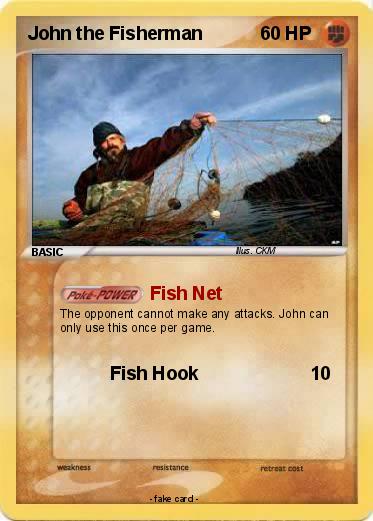I shared a link to a blog post by Jonathan Bernier a while back, which questioned the relevance of the purported employment of the traditionally-proposed author of the Fourth Gospel.
Here’s a list which someone put together of occupations of tannaitic rabbis:
The sages of the Talmud worked at many diverse occupations. For instance, Hillel was a woodchopper before he became the Nasi (President of the Sanhedrin) and Shammai the Elder was a builder. Abba Chilkiyah was a field laborer; Rabbi Yochanan b. Zakkai was a businessman for forty years; Abba Shaul was a gravedigger; Abba Chilkiyah was a field worker; Abba Oshiya was a launderer; Rabbi Shimon P’kuli was a cotton dealer; Rabbi Shmuel b. Shilas was a school teacher, Rabbi Meir and Rabi Chananel were scribes; Rabbi Yosi b. Chalafta was a tanner; Rabbi Yochanan Hasandlar was a shoemaker; Rabbi Yehoshua b. Chananiah was a blacksmith; Rabbi Safra and Rabbi Dimi of Nehardea were merchants; Rabbi Abba b. Zavina was a tailor; Rabbi Yosef b. Chiya and Rabbi Yannai owned vineyards; Rabbi Huna was a farmer and raised cattle; Rabbi Chisda and Rabbi Papa were beer brewers; Karna was a wine smeller (he determined which wine could be stored and which had to be sold immediately); Rabbi Chiya b. Yosef was in the salt business; Abba Bar Abba, (father of Mar Shmuel) was a silk merchant; and (Mar) Shmuel was a doctor.
It doesn’t seem to me that a fisherman would have been out of place. So why is it often claimed that a fisherman – which might include someone whose family was involved in the fishing industry, and not just someone who spent his day working for such a person – could not have written certain New Testament texts, such as the Gospel of John?
The evidence for John son of Zebedee having written that Gospel is unpersuasive. But so too is the attempt to settle the matter in terms of likelihood of a fisherman composing it.
It is perhaps worth noting that William Shakespeare probably had a very good education – while it lasted, as he was withdrawn from school at age 14. It seems to me a mistake to judge people of bygone eras by modern standards, and it is also a mistake to presume that those in antiquity who lacked scribal training could not have composed words in an eloquent and effective manner.
Perhaps an even more useful analogy can be made to the realm of music. In that area, we seem to be more able to realize in our era that the skills of reading and writing music are distinct from those of being able to compose and perform. The musical “Amazing Grace” which I went to see a few months ago was written by a former police officer who does not read and write music in the sense of placing or interpreting symbols on a staff in musical notation.
In the ancient, primarily oral, world of the New Testament, as well as earlier and later, something similar applied to reading and writing. More people could compose and tell stories effectively, than could write them down or read the letters on a page. Indeed, the two skill sets often did not overlap at all.
Just for the record, I’m inclined to think that, if someone named John wrote the work we know as the Gospel of John, it is more likely to have been John the Elder than John the son of Zebedee. As for who the “beloved disciple” was and whether he was even an actual figure, those are separate issues. My point here is simply to ask whether arguments about an alleged author’s employment actually prove anything regarding whether or not they wrote it.













